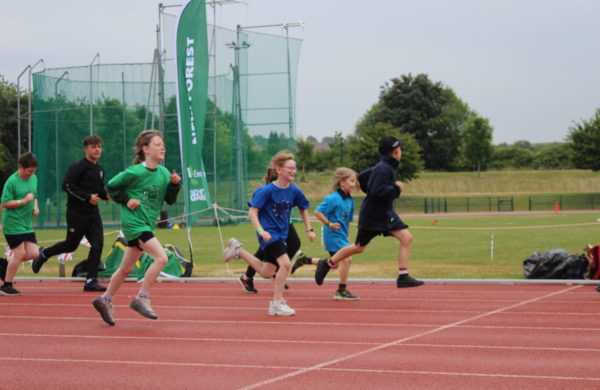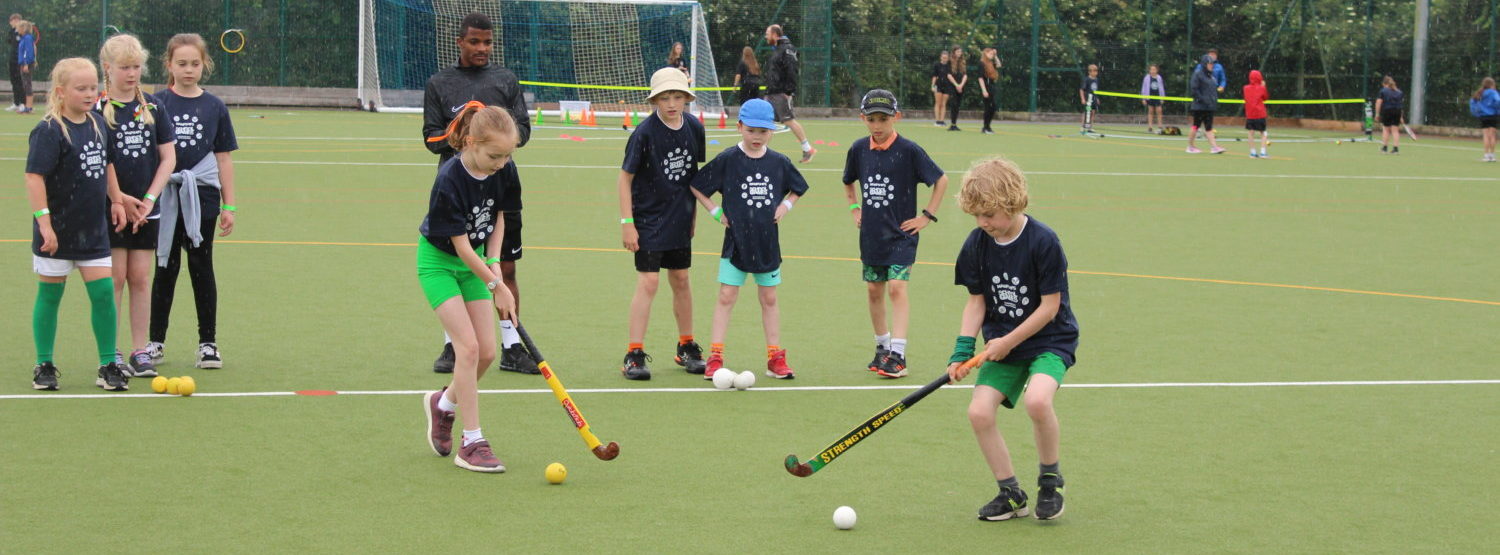
The Time Is Now
Sophie is passionate about ensuring sport is safe for all.

Date: 25 January 2023 Author: Energise Me
We continuously talk about providing our young people with a positive early experience in sport and physical activity, but what is it and what does it look like? Sharon shares what she's learnt being an U12s hockey coach.
For me, the key thing to remember is that what’s positive and enjoyable for one individual might be a complete nightmare for another. Our aim must be for everyone to get an experience which meets our participants’ rapidly changing needs.
As a hockey coach working with U12 girls, I have a whole mix of abilities, motivations, and desires amongst the 40 participants that turn up to train each week. It’s my role as their coach to ensure we meet the needs of every young player. Whether they have the potential and desire to play at the highest level, or they turn up just to socialise with a hockey stick in their hands.
The girls I coach have already made a conscious decision to commit to playing a sport (or maybe it’s their parents!), but I want to keep them motivated and keen to return each week. Regardless of whether they are an A team, D team player or anything in between. That’s why I felt it important to find out what makes my participants want to return to training each week.
Via an anonymous feedback form, I recently asked the team what they liked about hockey. As well as what they disliked and how we could make things better as a workforce.
Most of what I learnt from the feedback I expected. They wanted the coaches and other players to be friendly, welcoming, and inclusive. As well as having sessions that were fun, challenging and energising.
The grumbles are largely out of our control (playing in the rain or having cold hands comes to mind), but there are some we can address. We know that the girls want to chat, so we need to build this into sessions and as coaches not become frustrated by it.
Differentiating the sessions is key. To make sure we are challenging our stronger players while not overcomplicating things for our less experienced girls. Children should be challenged in practice and games, but they should also be able to achieve some success and competence.
Where we struggle the most is managing the girls’ expectations and disappointment of not necessarily being in the team that they would like to be in. This is something we will be working on moving forward. The best piece of feedback I gleaned was: ‘thank you for asking, it’s nice to know our contributions are valued.’ So, this is something I will continue to develop with other coaches. Next time, maybe not as formally as a feedback form, but in a way that still enables the girls to provide regular input into the session.
In summary, I think a positive early experience is very much about making sure that the children are at the center of every decision made. Ultimately, every choice we (coaches) make affects them and their ability to play and enjoy sport/physical activity. As a coach, I am in a very privileged position to help make this happen. And continually, I refer to three basic questions.
Finally, keep talking to your participants. After all, they will know what is right for them.